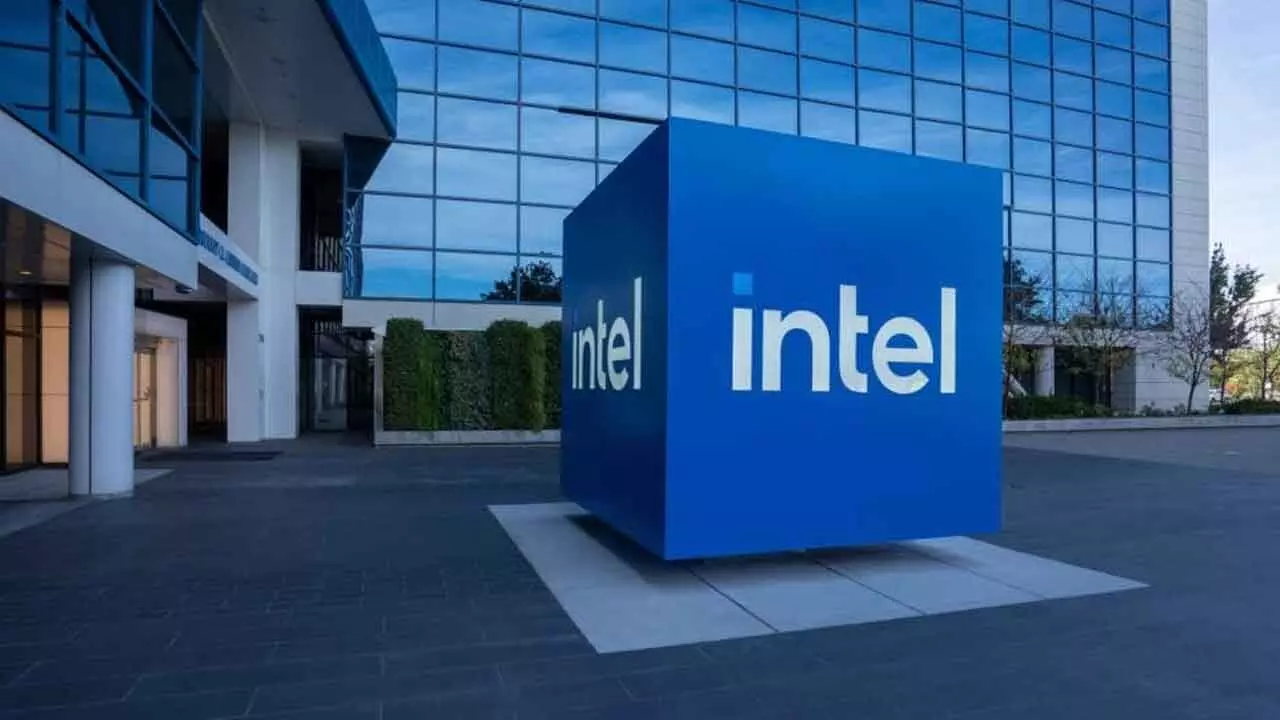US Eyes 10% Stake in Intel as Trump Pushes Chip Security, White House Confirms
White House confirms equity-for-grants deal under review to secure semiconductor supply chains.
Trump Administration Confirms Negotiations for US Equity Stake in Intel

The White House has confirmed that the Trump administration is negotiating a potential deal to acquire a 10% stake in US chipmaker Intel, a highly unusual move aimed at bolstering domestic semiconductor manufacturing and national security.
“The president wants to put America's needs first, both from a national security and economic perspective,” Press Secretary Karoline Leavitt told reporters on Tuesday.
Government Grants in Exchange for Equity
US Commerce Secretary Howard Lutnick said the administration is considering converting federal grants into Intel shares, rather than issuing traditional subsidies.
• “We should get an equity stake for our money... instead of just giving grants away,” Lutnick told CNBC.
• The proposed deal would link to grants originally approved under the Biden administration, now redirected to support Trump’s push for onshore chip production.
Intel’s Turnaround and AI Chip Race
The agreement would help Intel fund its planned semiconductor mega-fab in Ohio and compete with Nvidia, Samsung, and TSMC in the booming AI chip market.
• Intel’s stock rose nearly 7% on Tuesday, following SoftBank’s $2 billion investment, seen as a vote of confidence in the company’s turnaround.
• Intel has not commented directly on the government stake reports but says it is “deeply committed to supporting President Trump’s efforts to strengthen US manufacturing.”
National Security and Strategic Supply Chains
Analysts say the deal underscores Washington’s concern over reliance on foreign chip suppliers, especially as high-end semiconductor production becomes critical for both AI and defense.
• “It makes sense for the government to secure key industries like chip manufacturing,” said Vincent Fernando of Zero One Consulting.
• However, others warn political involvement may slow decision-making and blur the line between commercial goals and national priorities. “Injecting government equity into Intel risks shifting priorities,” cautioned Dan Sheehan of Telos Wealth Advisors.
Wider Chip Industry Scrutiny
The news follows intense White House oversight of the US semiconductor sector:
• Nvidia and AMD recently agreed to pay 15% of Chinese revenues to maintain export licences.
• Intel remains one of the few US firms capable of mass-producing advanced chips, though it has fallen behind global rivals in recent years.

